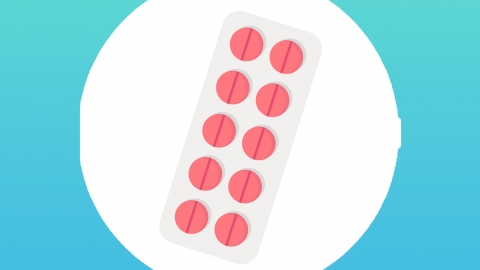What are the side effects of levofloxacin?
Generally, levofloxacin, as a quinolone antibiotic, may cause various side effects during use, mainly including gastrointestinal discomfort, central nervous system reactions, skin allergic symptoms, musculoskeletal pain, and cardiac abnormalities. A detailed analysis is as follows:

1. Gastrointestinal discomfort: Gastrointestinal reactions are relatively common after using levofloxacin, mostly manifesting as nausea, vomiting, diarrhea, and some individuals may experience abdominal bloating or loss of appetite.
2. Central nervous system reactions: A few people may experience dizziness or headache after taking the medication, with some accompanied by drowsiness or irritability. In rare cases, insomnia or difficulty concentrating may occur.
3. Skin allergic symptoms: Some individuals may develop itching or rashes after taking the drug. The rash is typically red maculopapular eruptions, commonly seen on the trunk and limbs. In severe cases, skin redness, swelling, and scaling may occur.
4. Musculoskeletal pain: Levofloxacin may cause muscle soreness and joint pain, commonly affecting limb muscles and joints such as the knees and ankles. The pain is usually dull or aching and may worsen with physical activity.
5. Cardiac abnormalities: In very rare cases, palpitations and chest tightness may occur after taking the medication, sometimes accompanied by increased heart rate or arrhythmia. Individuals with a history of heart disease should be especially cautious and should regularly monitor their heart rate and cardiac condition during treatment.
It is recommended to strictly follow medical instructions when taking this medication and not to adjust the dosage or extend the duration of use without guidance. During treatment, pay attention to your physical condition, maintain regular作息 (sleep patterns), eat a light diet, avoid alcohol and spicy, irritating foods, which can help reduce discomfort caused by side effects and maintain bodily stability.








